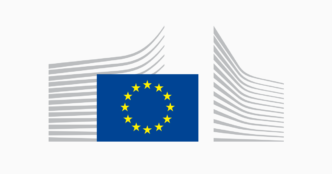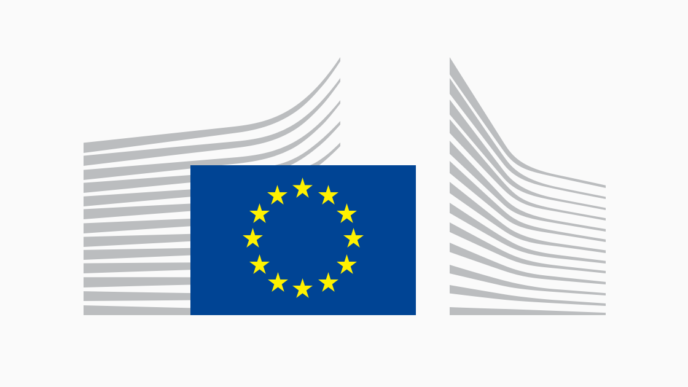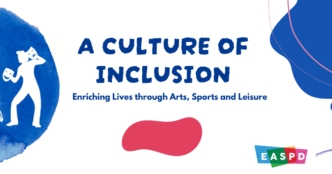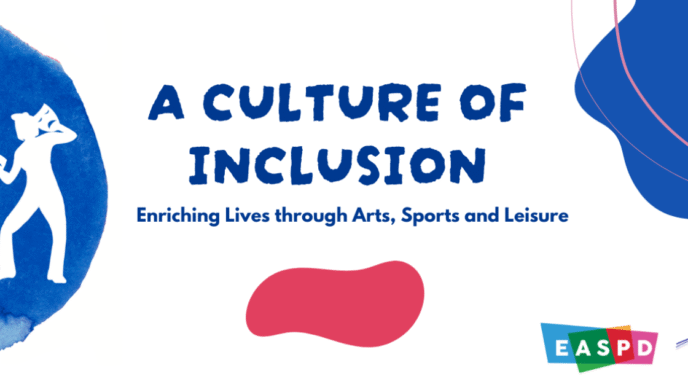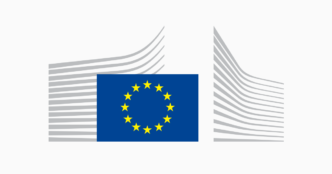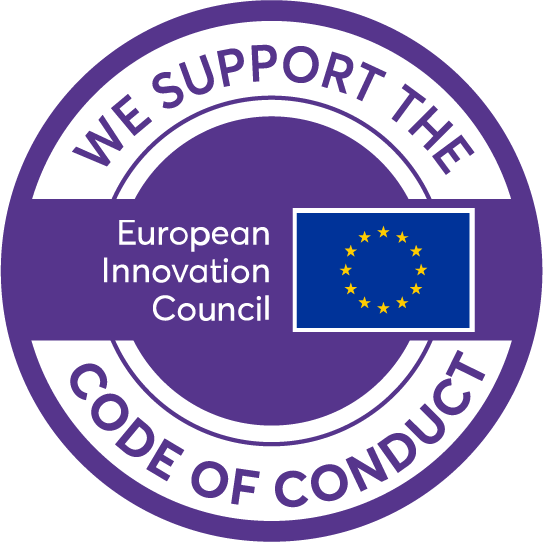The publication of the handbook Inclusion in Libraries: Accessible Access to Information, Education, and Culture marks the first time a comprehensive and practice-oriented work on inclusive library design has been published in German-speaking countries. The book brings together the experiences and expertise of people with and without disabilities – from both within and beyond the library sector.
Inclusion means equal participation – also in libraries. Until now, there has been a lack of overarching concepts, structured knowledge-sharing, and practical guidelines. This handbook closes that gap. It demonstrates that inclusion goes far beyond structural accessibility or accessible websites: it is a human right that must be embedded in every area of library work – strategically and systematically.
AccessibleEU played a key role in supporting the publication. As part of the collaboration, the three National Accessibility Experts from the AccessibleEU Resource Centre – Yehya Mohamad, Gregor Strutz, and Gottfried Zimmermann – contributed four specialist articles. Their texts explore the European Accessibility Act, technical aspects of accessible e-books, design-for-all requirements in libraries, and the needs of people with disabilities in public spaces, along with strategies for fostering inclusion.
The handbook is aimed at library professionals as well as decision-makers in politics, culture, and society. Numerous best-practice examples, in-depth background information, and insights from the perspective of people with disabilities make one thing clear: inclusion in libraries is both achievable and urgently needed.
The book’s goal is to raise awareness and support the transfer of knowledge – so that libraries become truly accessible for all, regardless of physical, sensory, or cognitive abilities.
Inclusion in Libraries is available in print and as an e-book here.


